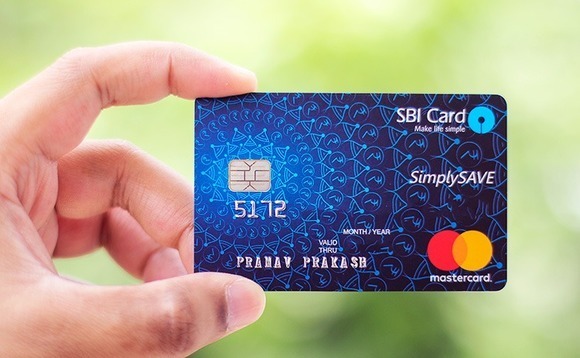
Deal focus: Carlyle's SBI Cards bet pays out

The Carlyle Group achieved an 8x return through a partial exit via SBI Cards’ IPO. The private equity firm still holds a 16% stake and is a resolute believer in the growth potential of India’s credit card market
The biggest story in India payments over the last few years has been the widespread adoption of the Unified Payment Interface (UPI), a government-owned gateway that facilitates interbank transactions for no cost. For the wallet providers charging commissions on mobile payments, it was not a welcome addition. "It's actually obliterated payment wallets," says Sunil Rongala, an India-based vice-president at Worldline, a leading payment infrastructure provider.
More fundamentally, UPI has helped spur the penetration of cashless payment. Debit cards and apps that offer UPI-enabled payment methods are now part of daily life. However, they are mainly used for small-ticket transactions. Where larger sums are concerned, Indians prefer to use a credit card because there is the option of deferring payment by seven weeks or breaking it down into smaller monthly increments.
According to the Reserve Bank of India (RBI), 4.9 billion debt card transactions were completed last year. While credit cards were used a lot less frequently – on two billion occasions – the aggregate value came to INR7.1 billion, 4.5% more than for debit cards.
"Furthermore, credit card players have tied-up with other organizations and online marketplaces through co-branding to give rewards, such as cashback or discounts," says Sunil Kaul, a managing director at The Carlyle Group. "Credit cards also act as a facilitator to e-wallet companies as consumers often use credit cards to load money in e-wallets."
Carlyle is a direct beneficiary of this trend through its 2017 investment In GE Capital's credit card issuing unit. Working alongside State Bank of India (SBI), it supported management on improvements in data analytics, technology and customer experience processes. There are 10.2 million SBI-branded cards in circulation, up from nearly five million in 2017. The company, now known as SBI Cards, has the largest base of co-branded partnerships with the likes of railways, airlines, and retailers. Revenue reached INR69.9 billion ($934 million) for the year ended March 2019, having doubled over the past 24 months.
Earlier this month, SBI Cards raised INR98.1 billion through a domestic IPO that closed shortly before markets tanked in response to lockdown measures intended to curtail the coronavirus outbreak. The offering was priced at INR755 per share but the stock was trading at INR655 as of March 27.
Carlyle paid around INR20 billion for 26% of the business, with SBI holding 74%. The private equity firm took INR70.4 billion off the table in the IPO, securing an 8x return. It retains a 16% stake worth about INR98.4 billion. Carlyle believes in SBI Cards' long-term potential, stressing how India's credit card penetration remains abysmally low compared to the US, Brazil or China. Increased adoption is expected to come with the continued rise of e-commerce, especially in lower-tier cities.
According to Rongala, the typical credit card user in India is an urban professional working in the country's metropolitan hubs, so urbanization and economic growth are key drivers. However, expansion is also contingent on maintaining robust credit underwriting processes and figuring out how to integrate physical cards and smart phones. "It all boils down to the small ecosystems through which you make payments," Rongala says. "If it's a mobile, it's typically done on a wallet, UPI [apps] and you have tokenization methods like Samsung or Google Pay where it's essentially a physical card in digital form."
HDFC, India's largest private bank, is the market leader by number of credit card users. Having leveraged early-mover advantage, it has 3.9 million more credit card customers than SBI Cards. It now faces a credible competitive threat for the first time, and whoever sells the better story will win. "Debit cards are automatically given to you, but credit cards are aspirational," Rongala notes.
Latest News
Asian GPs slow implementation of ESG policies - survey
Asia-based private equity firms are assigning more dedicated resources to environment, social, and governance (ESG) programmes, but policy changes have slowed in the past 12 months, in part due to concerns raised internally and by LPs, according to a...
Singapore fintech start-up LXA gets $10m seed round
New Enterprise Associates (NEA) has led a USD 10m seed round for Singapore’s LXA, a financial technology start-up launched by a former Asia senior executive at The Blackstone Group.
India's InCred announces $60m round, claims unicorn status
Indian non-bank lender InCred Financial Services said it has received INR 5bn (USD 60m) at a valuation of at least USD 1bn from unnamed investors including “a global private equity fund.”
Insight leads $50m round for Australia's Roller
Insight Partners has led a USD 50m round for Australia’s Roller, a venue management software provider specializing in family fun parks.







